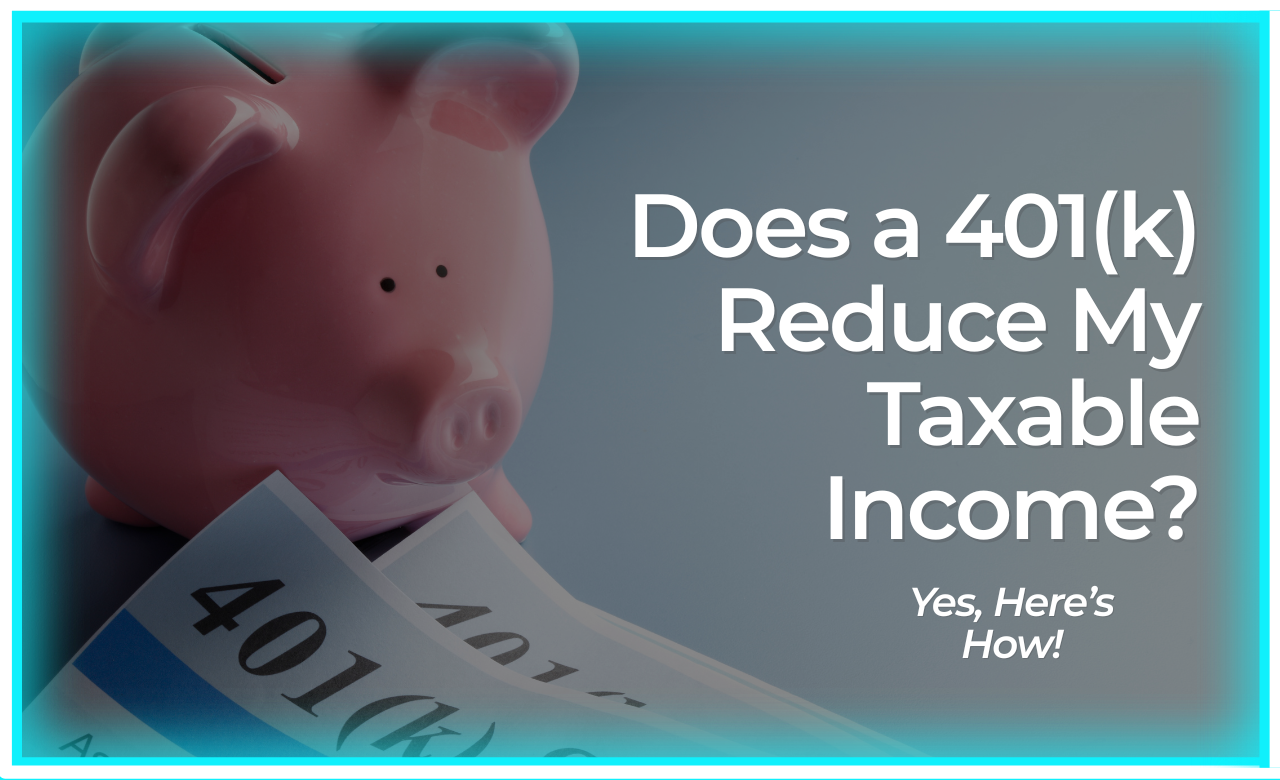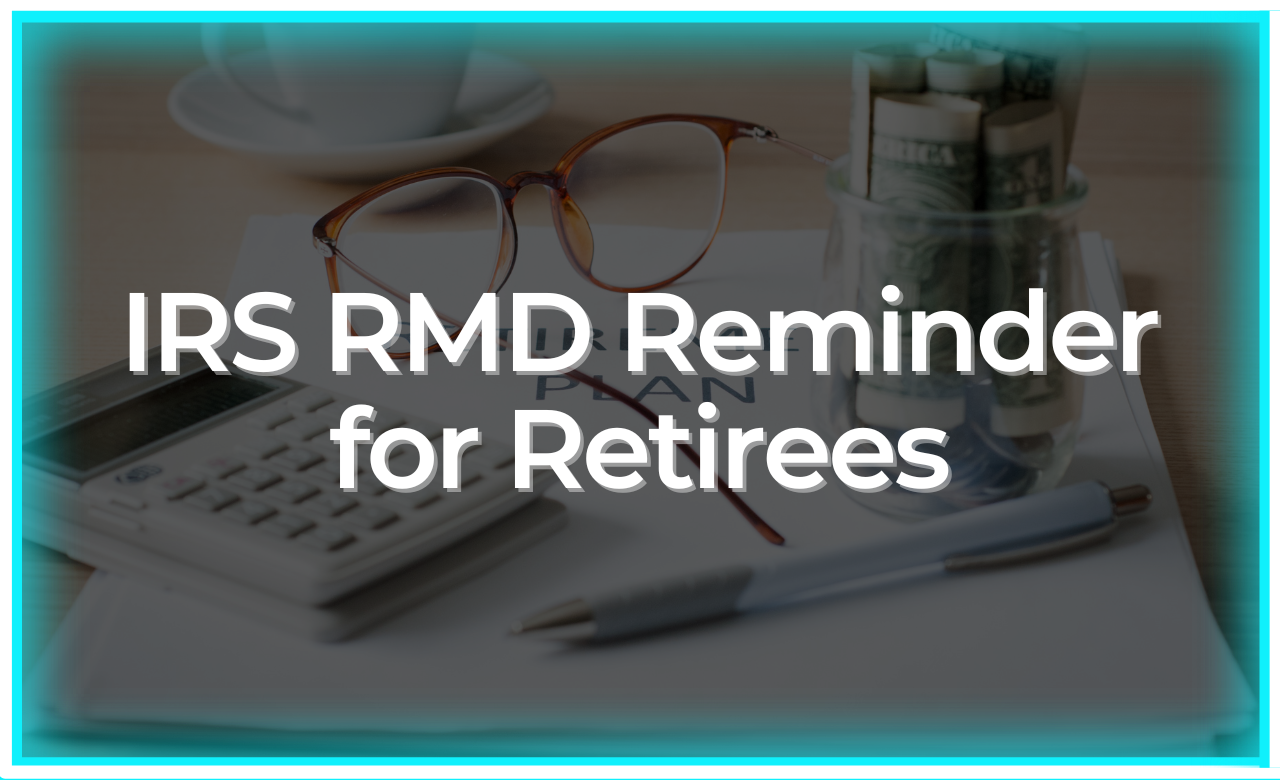Retirement Accounts are Americans biggest assets after their homes. From pensions to social security to investment accounts, how to plan for retirement is the biggest financial challenge Americans will face. The big expenses in life are buying the first home, paying for college for ones children, and paying for your retirement.
These accounts are critical to tax planning, estate planning, and wealth building. Using the right account is important, but sometimes just opening any account is good enough. You’ll rarely regret any moves you make, and this is a common topics of personal finance.
Most retirement planning revolves around tax advantaged retirement accounts. These fall into two general categories, traditional, or Roth. The traditional plan involved a tax deduction in the year you put the money away, to be taxed upon withdrawal of the money. This is called tax deferred, because you effectively pay the taxes in the future when you use the money instead of now when you earn the money. The Roth account gets its name from the Roth IRA, named after Senator William Roth. In a Roth retirement account, you invest after tax dollars (there is no deduction or deferral), but you can withdraw the money tax free, allowing you to accumulate earnings or capital gains without paying taxes.
Most people find themselves in a lower tax bracket in retirement, because they retire when they have sufficient assets to support their lifestyle which is lower than what they needed when working and saving for retirement. One of the core concepts of retirement tax planning is to defer your tax obligations from your peak earning years (and their higher tax rates) into the post-working years and the lower tax rates.
Because business owners have a variety of different retirement investment vehicles to defer taxes, it important to work with both a financial advisor and a tax advisor to help you identify which tax advantaged investment vehicle is best for your personal financial needs.
When we work with small business owners to build wealth, the conversations include tax reductions, tax deferrals, cost controls in their business, retirement account selection, and asset accumulation strategies.















